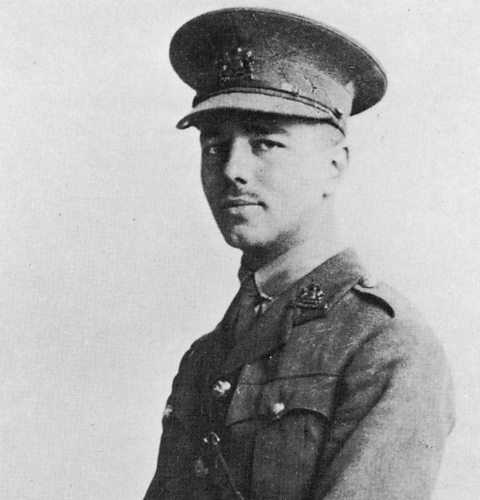About the poet

Often, a poem will reflect aspects of the writerвҖҷs life. However we canвҖҷt always assume a poem is autobiographical, even if it is written in the first person.
Biographical clues from a poemвҖҷs contextThe factors surrounding a text that help us to understand it; the background events that help to explain something. can give you insights into its themes or message. Some questions you might ask include:
- Are events or places from the poetвҖҷs life reflected in the poem?
- Are people or relationships from the poetвҖҷs life reflected in the poem?
- Are the poetвҖҷs ideas or beliefs reflected in the poem?
You can research the poetвҖҷs background to discover answers to these questions. Be careful to only include details you have discovered that reveal something about the poem.
Case study
Wilfred Owen is considered one of the greatest war poets. His poems contain vivid, horrific details of soldierвҖҷs experiences in World War One. These details were communicated to people back at home in Britain, who did not necessarily understand the miserable conditions soldiers were facing at the time.
Question
Which of these facts about OwenвҖҷs life might be useful when answering a question about his portrayal of war in his poems?
- Owen was born in Oswestry in the Welsh borders
- he spent time teaching in France
- he fought as a soldier in World War One and suffered shell shock
- he was awarded the military cross for bravery
- he was killed in action in the final week of the war
The fact Owen served as a soldier, and that he died whilst out on service, are important to many readers of his poems. He saw the reality of the war for himself, and had first-hand experience of it. Details about his birth and earlier life may be interesting, but what is most relevant to understanding his poems is the context of his military service.